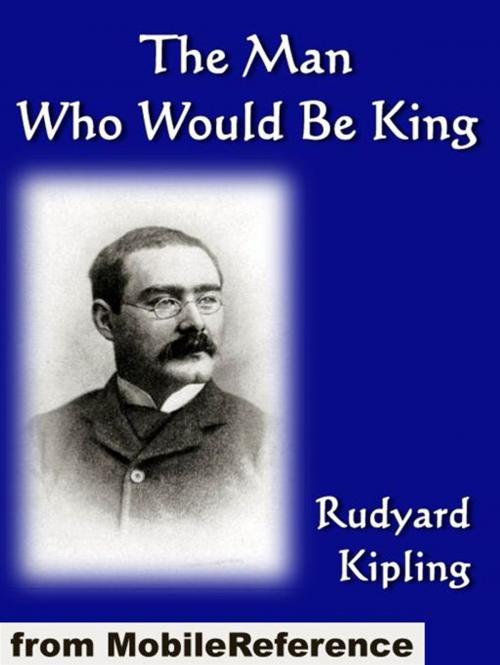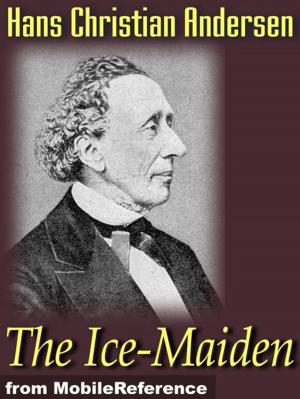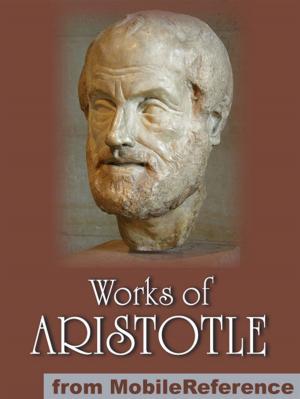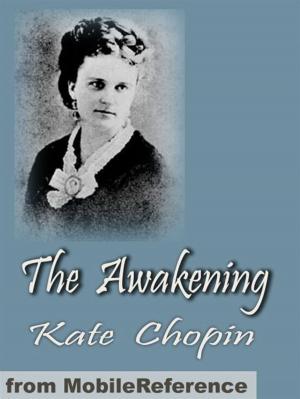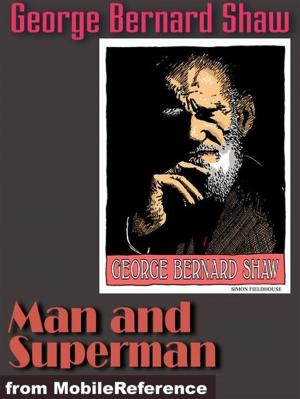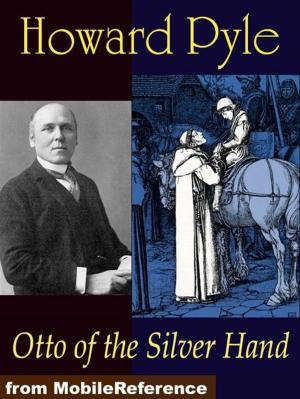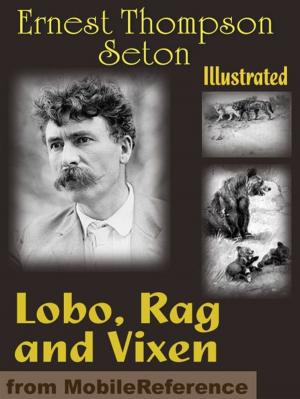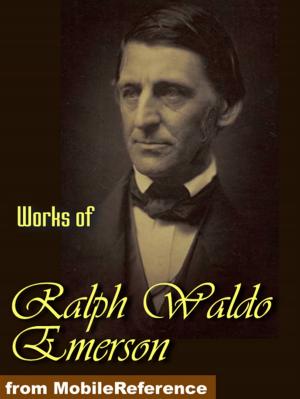| Author: | Rudyard Kipling | ISBN: | 9781607785859 |
| Publisher: | MobileReference | Publication: | January 1, 2010 |
| Imprint: | MobileReference | Language: | English |
| Author: | Rudyard Kipling |
| ISBN: | 9781607785859 |
| Publisher: | MobileReference |
| Publication: | January 1, 2010 |
| Imprint: | MobileReference |
| Language: | English |
The Man Who Would Be King" (1888) is a short story by Rudyard Kipling. It is about two British adventurers in British India, who become kings of Kafiristan, a remote part of Afghanistan. The story was inspired by the exploits of James Brooke, an Englishman who became the "white Raja" of Sarawak in Borneo, and by the travels of American adventurer Josiah Harlan, who was granted the title Prince of Ghor in perpetuity, for himself and his descendants. It incorporates a number of other factual elements such as the European-like appearance of many Nuristani people, and an ending modelled on the return of the head of the explorer Adolph Schlagintweit to colonial administrators.The story was first published in The Phantom Rickshaw and other Tales (Volume Five of the Indian Railway Library, published by A H Wheeler & Co of Allahabad in 1888). It also appeared in Wee Willie Winkie and Other Stories in 1895, and in numerous later editions of that collection.A radio adaption was broadcast on the show Escape on July 7, 1947. In 1975, it was adapted by director John Huston into a feature film of the same name, starring Sean Connery and Michael Caine as the heroes and Christopher Plummer as Kipling. Excerpted from Wikipedia, the free encyclopedia.
The Man Who Would Be King" (1888) is a short story by Rudyard Kipling. It is about two British adventurers in British India, who become kings of Kafiristan, a remote part of Afghanistan. The story was inspired by the exploits of James Brooke, an Englishman who became the "white Raja" of Sarawak in Borneo, and by the travels of American adventurer Josiah Harlan, who was granted the title Prince of Ghor in perpetuity, for himself and his descendants. It incorporates a number of other factual elements such as the European-like appearance of many Nuristani people, and an ending modelled on the return of the head of the explorer Adolph Schlagintweit to colonial administrators.The story was first published in The Phantom Rickshaw and other Tales (Volume Five of the Indian Railway Library, published by A H Wheeler & Co of Allahabad in 1888). It also appeared in Wee Willie Winkie and Other Stories in 1895, and in numerous later editions of that collection.A radio adaption was broadcast on the show Escape on July 7, 1947. In 1975, it was adapted by director John Huston into a feature film of the same name, starring Sean Connery and Michael Caine as the heroes and Christopher Plummer as Kipling. Excerpted from Wikipedia, the free encyclopedia.
